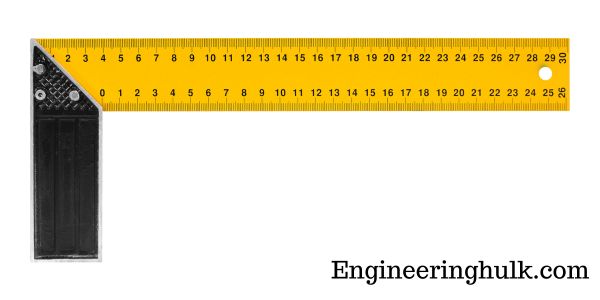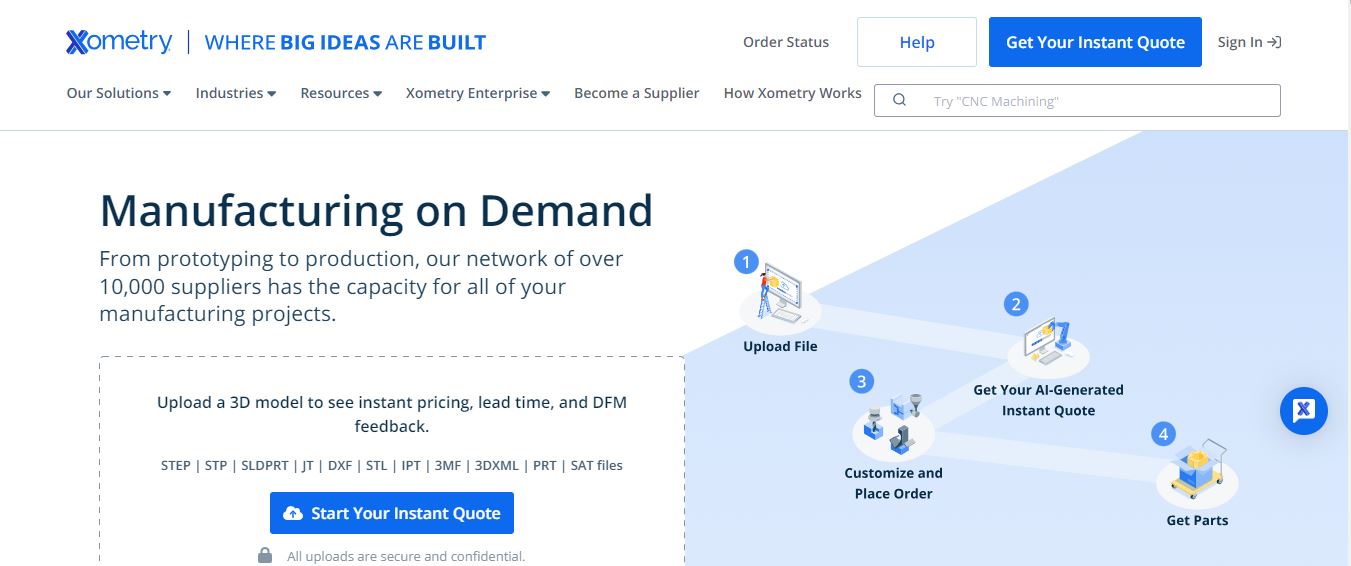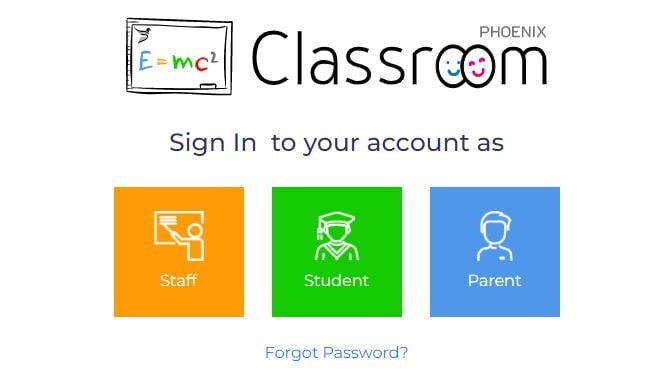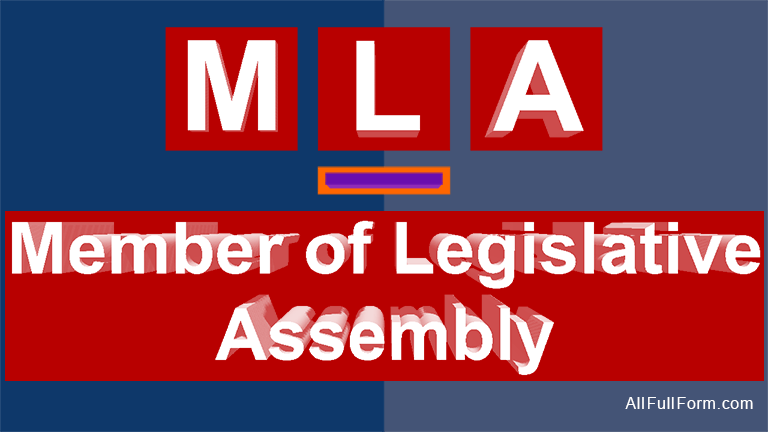Table of Contents
In March 2025, Bank of America (BofA) issued an urgent warning to its customers regarding the potential closure of accounts that do not meet certain requirements. The bank highlighted that accounts classified as “abandoned” could be closed, with funds being transferred to state custody under escheatment laws.
✅ Why is Bank of America Closing Accounts?
Bank of America, one of the largest financial institutions in the United States, has clarified that accounts considered inactive or abandoned may be subject to closure. The bank is legally required to comply with state regulations and escheatment laws, which dictate that unclaimed or dormant assets must be handed over to the state after a specified period.
⚠️ Key Reasons for Account Closures:
- Prolonged Inactivity:
Accounts that have been inactive for an extended period, usually three years or more, are considered abandoned. These accounts face the risk of being restricted or closed. - Unclaimed Assets Compliance:
Bank of America follows state laws that mandate transferring unclaimed property to the respective state agency if customers fail to take action within the stipulated time frame. - Failure to Respond to Notifications:
Customers may receive a notification letter if their account is considered dormant. Ignoring this notification can lead to the transfer of funds to the state under escheatment regulations.
⚡️ Understanding Escheatment and Its Implications
Escheatment refers to the legal process where unclaimed or abandoned assets, such as bank accounts, are transferred to the state for safekeeping. According to Bank of America, the following types of financial accounts and assets can be affected by escheatment:
- Checking and Savings Accounts
- Certificates of Deposit (CDs)
- Individual Retirement Accounts (IRAs)
- Uncashed Cashier’s Checks
- Securities and Stocks
- Safe Deposit Boxes
💡 State Laws Governing Escheatment:
Each state in the U.S. has specific laws and regulations that determine when an account is considered inactive or abandoned. Once an account crosses the threshold of inactivity, the bank is required to report and remit the unclaimed property to the appropriate state agency.
📢 What Happens When an Account is Abandoned?
- Notification to Customers:
If an account shows no activity for three years or more, Bank of America sends a notification to the account holder. This letter alerts the customer about the possibility of escheatment and provides instructions on how to prevent the account from being classified as abandoned. - Restriction and Closure:
If the account holder fails to respond or take action, the account may be restricted or closed. At this point, the remaining funds and any unclaimed assets may be transferred to the respective state under escheatment laws. - State Custody of Funds:
Once the funds are handed over to the state, customers must file a claim with the state agency to retrieve their money. This can be a lengthy and complicated process, often involving verification and legal formalities.
🔒 How to Prevent Account Closure and Escheatment
Bank of America has provided several tips to help customers prevent their accounts from being classified as abandoned and to avoid unnecessary legal complications.
✅ 1. Regularly Monitor Account Activity
- Log in to your account frequently and check your balances.
- Ensure that your accounts show some form of activity, such as making deposits, withdrawals, or transferring funds.
✅ 2. Update Contact Information
- Keep your phone number, email address, and physical address updated to ensure you receive any critical notifications.
- Respond promptly to any correspondence from the bank regarding your account status.
✅ 3. Utilize Digital Tools and Alerts
- Set up personalized alerts to monitor your account activity.
- Enable notifications to receive updates on account balance changes and other important information.
✅ 4. Schedule Automatic Transactions
- Set up recurring transactions, such as automatic bill payments or direct deposits, to keep your account active.
📄 What to Do if You Receive a Notification Letter
If you receive a letter from Bank of America notifying you that your account is considered abandoned:
- Respond immediately: Follow the instructions in the letter to prevent your account from being restricted or closed.
- Contact Customer Support: Reach out to Bank of America’s customer service team to clarify any concerns or questions.
- Confirm Account Activity: Take immediate action by making a transaction or updating your account to re-establish activity.
💡 Escheatment: What Happens to Your Money?
Once your account is transferred to state custody:
- Claim Process: You can file a claim with the respective state agency to recover your funds.
- Verification Required: You may need to provide identity verification and proof of ownership to retrieve your money.
- Time-Consuming Process: Claiming escheated funds can take several weeks or even months, depending on the state’s procedures.
📢 Recent Glitches and Customer Concerns
Bank of America recently faced a major technical glitch that impacted numerous customers, causing concerns about account security and potential disruptions. Following this incident, the bank has intensified its efforts to notify customers about maintaining account activity and preventing unnecessary closures.
⚡️ Final Thoughts: Protect Your Accounts Today
To avoid account closure and escheatment:
✅ Regularly log in and perform account activity.
✅ Respond promptly to notifications and letters.
✅ Use digital tools to stay informed about your account status.
By staying proactive and ensuring that your account remains active, you can prevent your funds from being handed over to state custody and maintain full control over your financial assets.
📊 FAQs About Bank of America Account Closures
Q1: How long does it take for an account to be considered abandoned?
A: Accounts that show no activity for three years or more may be classified as abandoned.
Q2: What happens if my account is transferred to the state?
A: Once the account is transferred, you must file a claim with the appropriate state agency to recover your funds.
Q3: Can I prevent my account from being closed?
A: Yes, by regularly accessing your account, maintaining activity, and responding to any bank notifications.
Q4: How can I check if my account is considered abandoned?
A: You will receive a notification letter from Bank of America, alerting you to take action before escheatment occurs.
Q5: Does this policy affect all types of accounts?
A: Yes, the policy applies to checking and savings accounts, CDs, IRAs, stocks, and even safe deposit boxes.
Stay vigilant and keep your accounts active to safeguard your hard-earned money from unnecessary account closure or escheatment.
Also, read about Nvidia Groot N1: AI-Powered Humanoid Revolution





























